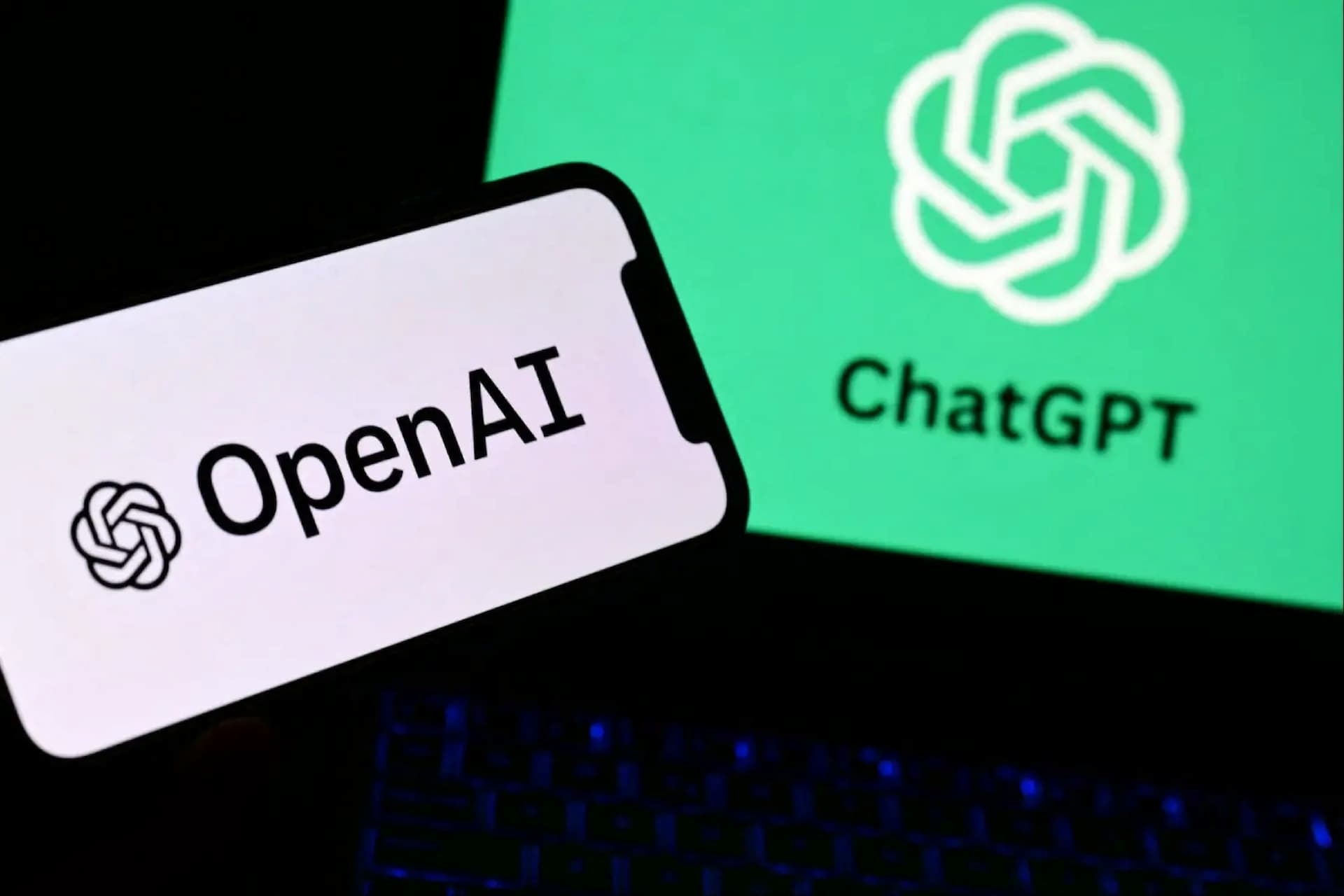The European Commission has renewed its two adequacy decisions allowing the continued free flow of personal data between the European Union and the United Kingdom. The decision confirms that UK data protection rules remain essentially equivalent to EU standards.
The adequacy findings cover both the General Data Protection Regulation and the Law Enforcement Directive, enabling personal data to move freely between the European Economic Area and the UK without additional safeguards.
In June 2025, the Commission adopted a temporary six-month extension after the original decisions were due to expire, allowing time to assess changes introduced by the UK’s Data (Use and Access) Act.
The renewal follows a positive opinion from the European Data Protection Board and approval from EU member states through the comitology procedure, completing the formal adoption process.
The renewed decisions include a six-year sunset clause, running until December 2031. A joint review by the Commission and the European Data Protection Board is scheduled after four years.
Would you like to learn more about AI, tech, and digital diplomacy? If so, ask our Diplo chatbot!










